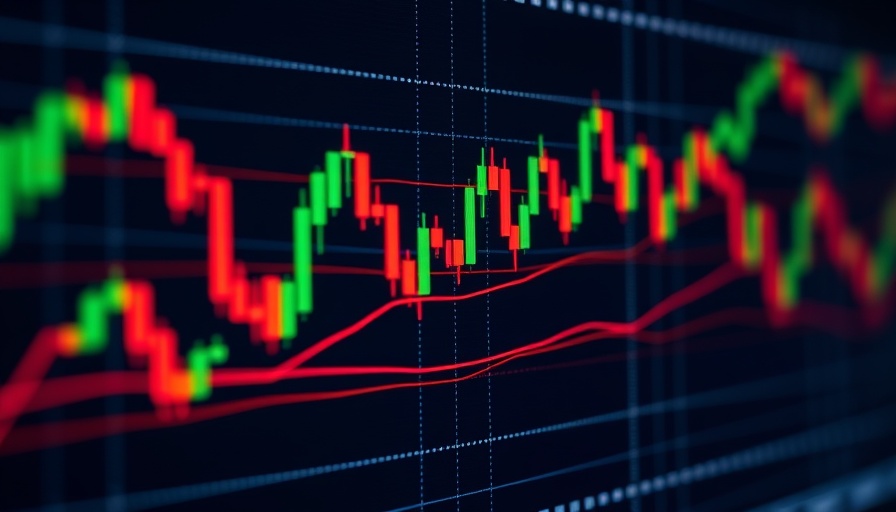
Why Stocks Faltered: A Look at Recent Market Trends
The recent dip in U.S. stock markets, particularly with the S&P 500 and Dow Jones Industrial Average, can be attributed to a confluence of factors impacting investor sentiment. While it had been a strong week, the abrupt end to this upward trend signals underlying complexities within the economic landscape.
Trade Tensions Rise: Impact on the Entertainment Sector
Central to the concerns weighing down the markets are ongoing trade discussions led by political uncertainty. President Trump's announcement of a possible 100% tariff on foreign films, deemed a national security threat, has sent ripple effects through the entertainment industry. Stocks of major players like Netflix, Paramount, and Roku have all faced downturns, indicating that investors are jittery about the implications of such tariffs. This tactic could be seen as a method to bolster domestic production but at the cost of increased global tensions.
Warren Buffett's Impact on Investor Confidence
Warren Buffett, a figure synonymous with investment wisdom, added to the market's tumult this past weekend with his announcement of stepping down as CEO of Berkshire Hathaway. His views on global trade—as something to be encouraged rather than weaponized—resonated with many investors. Yet, his decision to retire in the coming year raised eyebrows, as he has long been a guiding light for Berkshire and many in the investment community. Analysts remain cautious but generally optimistic that his successor, Greg Abel, will maintain stability and capitalize on Berkshire's strengths.
Market Response: The Future of Berkshire Hathaway
The market reacted sharply to Buffett's news, with Berkshire's Class B shares dropping significantly. While UBS analysts believe that Berkshire Hathaway is well-positioned to weather this transition without major operational upheaval, the loss of Buffett's direct influence could elicit hesitation among investors. This situation brings forth a tangible concern: how might the shift in leadership impact Berkshire's traditional approach to value investing?
Understanding Trade as a Catalyst for Market Movements
As we navigate through these changes, it's crucial to address how trade dynamics serve as catalysts for stock market movements. Buffett himself cited the adverse effects of treating trade as a weapon, indicating that a constructive environment for global exchange benefits everyone's economic prosperity. Understanding this relationship can help investors make informed decisions about their portfolios in a changing landscape.
Looking Ahead: Predictions for Market Recovery
Despite current headwinds, analysts suggest possible pathways for recovery in the stock market. Key indicators to watch in the upcoming days include responses from earnings reports from technology firms and shifts in consumer confidence amidst trade uncertainties. Investors considering strategic positioning should pay close attention to global trade discussions, as policy decisions could dramatically reshape market forecasts.
Actionable Insights: Preparing for the Future
For investors, understanding the interconnectedness of trade policies and corporate performance is essential for navigating the complexities of an unpredictable market. The recent developments present valuable insights: diversify risk, keep abreast of international policies, and pay attention to leadership changes within influential companies. These steps may better prepare both seasoned investors and newcomers alike for the financial landscapes ahead.
Ultimately, the end of a win streak for the S&P 500 and Dow underscores the necessity for vigilance in these turbulent times. Navigating through uncertainty requires thorough analysis of trends and an understanding of broader economic implications that shape market dynamics.
 Add Row
Add Row  Add
Add 




 Add Row
Add Row  Add
Add 








Write A Comment